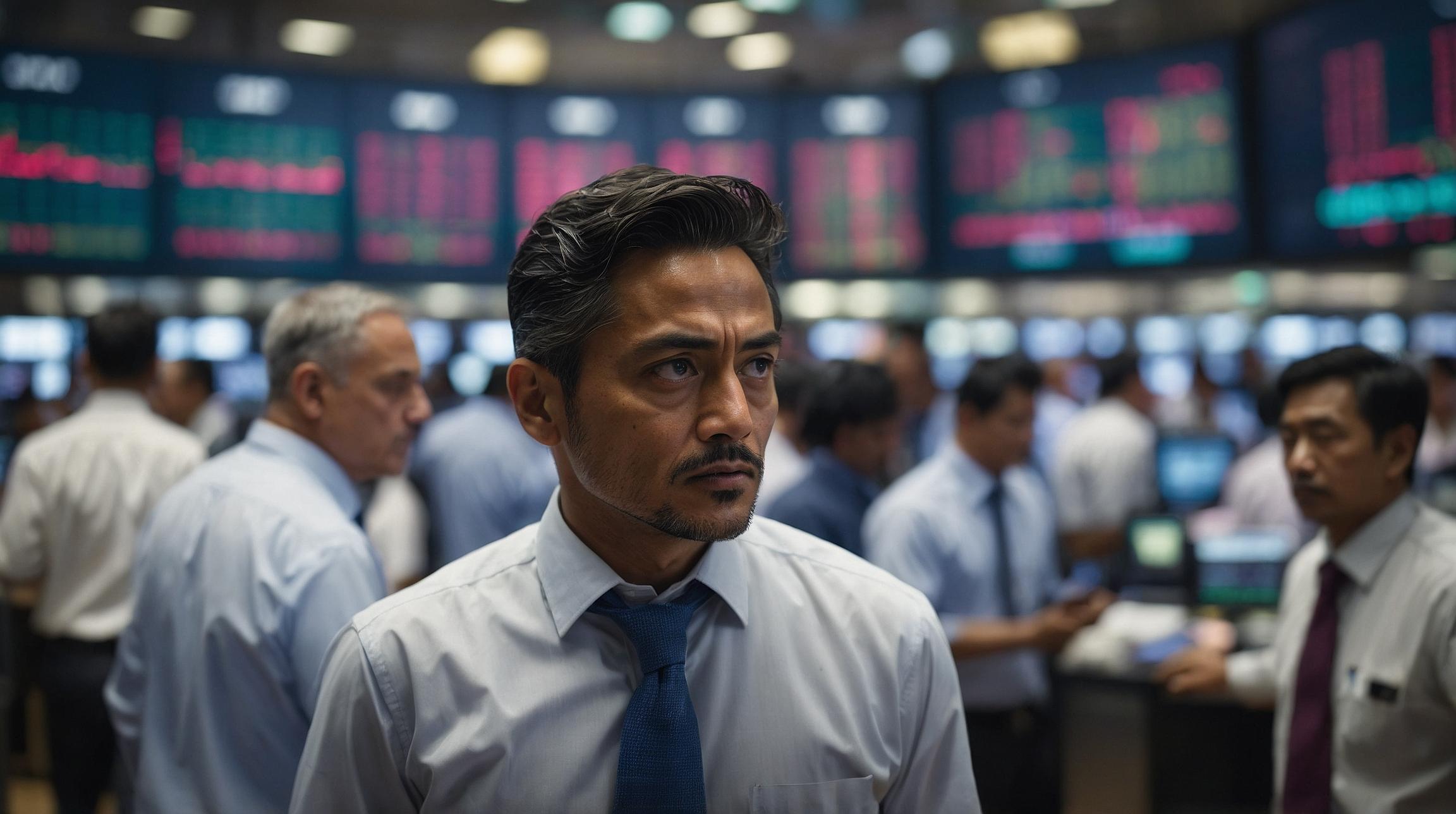NVIDIA CEO Jensen Huang Urges Governments to Embrace Artificial Intelligence at World Governments Summit
Artificial intelligence (AI) should not be feared, but instead embraced for the benefits it can bring to governments and individuals. This was the key message from Jensen Huang, the founder and CEO of technology giant NVIDIA, at the recent World Governments Summit (WGS) in Dubai. Huang, speaking in conversation with Omar Sultan Al Olama, Minister of State for Digital Economy, Artificial Intelligence, and Remote Work Applications, highlighted the importance of AI in ushering in a new industrial revolution.
Huang emphasized the need for each country to develop its own sovereign AI system, ensuring it has the necessary data to document its history and shape its future. “My advice to countries is the necessity of owning their national intelligence and not to allow someone else to do it,” he stated. Huang compared the emergence of AI to past industrial revolutions, such as those driven by steam, electricity, and the internet.
During the WGS session, Huang called for increased investment in data centers and computing technology to keep pace with the growing demands of AI applications. He noted that the volume of investment in data centers has reached approximately $1 trillion and will multiply in the coming years. Huang also highlighted the potential of generative AI, which will enhance computer performance.
Acknowledging that some countries may struggle with the cost of AI development, Huang stressed the importance of democratizing the technology. He suggested that harnessing the expertise of researchers from universities could accelerate innovation and make AI more accessible and affordable.
Huang praised the United Arab Emirates (UAE) for its efforts in incorporating the Arabic language into AI systems and developing a homegrown AI model. He advised countries to focus on building infrastructure rather than specific applications to advance in the AI field. He emphasized that the cost of entry into AI is not prohibitive, and every country has the capability to invest in this technology.
Addressing concerns about regulation, Huang likened the need for AI regulation to the regulations in the automobile and pharmaceutical industries. He stressed the importance of developing AI in a way that ensures safety and compatibility for all users.
Looking forward, Huang discussed the impact of AI on education, particularly for children. Contrary to the prevailing belief in the past decade, he stated that it is no longer necessary for everyone to learn programming. AI technology has advanced to a point where programming skills are no longer a prerequisite, enabling anyone to interact with AI and become a scientist or expert in the field.
Huang’s message at the WGS was clear: AI should be embraced and harnessed for the benefit of governments and individuals alike. By owning their national intelligence, investing in infrastructure, and democratizing the technology, countries can be at the forefront of the AI revolution.
Analyst comment
Positive
As an analyst, the market for AI technology is expected to grow significantly in the coming years. Governments and individuals are encouraged to embrace AI for its potential benefits, leading to increased investment in data centers and computing technology. The democratization of AI and the development of national AI systems will further drive the market’s growth.













